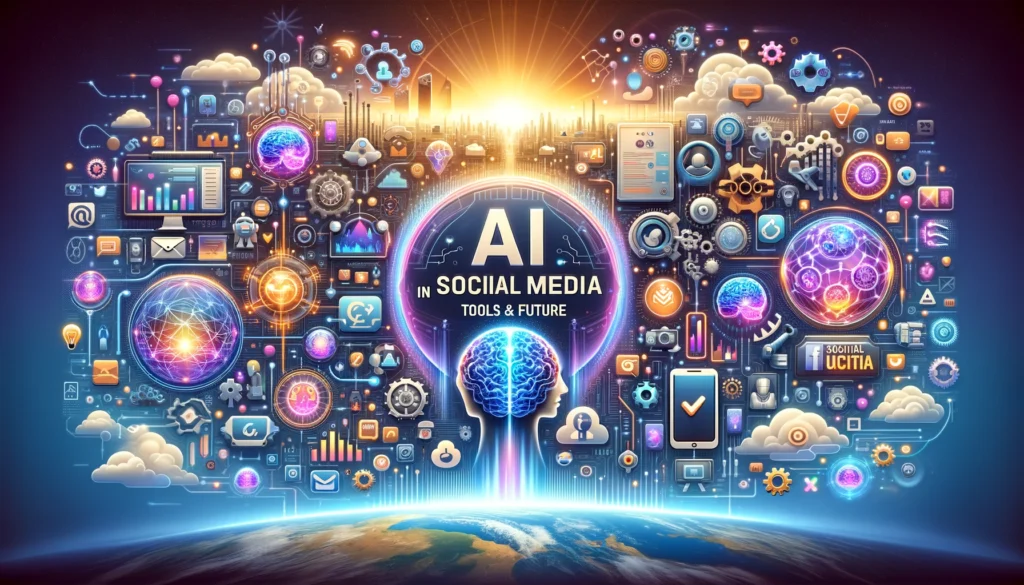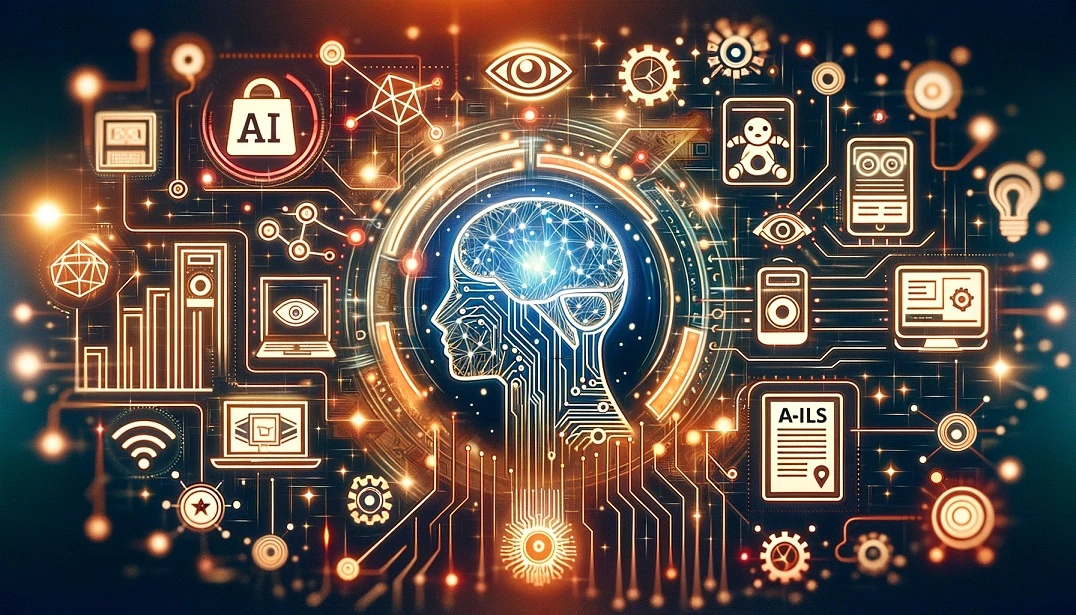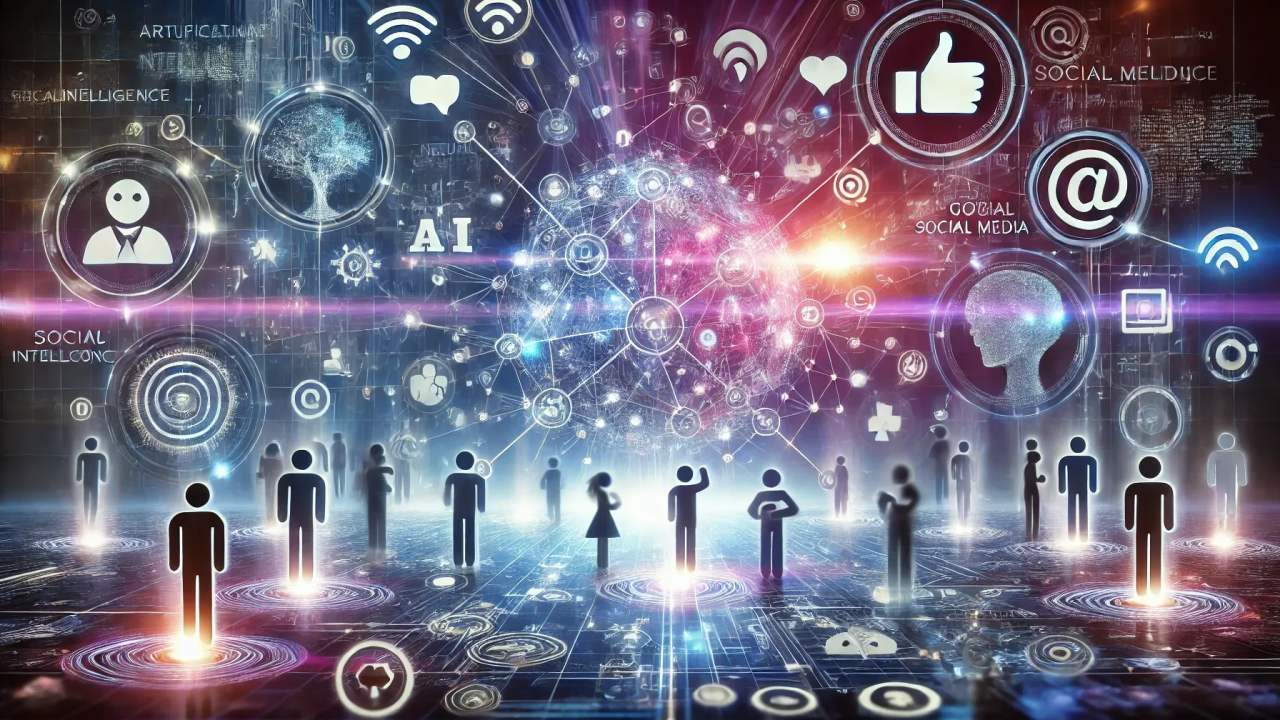Artificial Intelligence (AI) is reshaping how we interact, communicate, and engage on social media platforms. As AI technologies become more advanced, their role in the social media landscape is expected to expand, offering both exciting possibilities and important challenges to address.
How Is AI Changing Social Media?
AI in social media is already at work behind the scenes—powering algorithms that suggest content, flagging harmful behavior, and helping brands connect with audiences. In the future, AI is set to play an even greater role in shaping content, automating tasks, and personalizing user experiences on a deeper level.
Key Areas Shaping the Future of AI in Social Media
Content Creation and Personalization
AI tools are becoming increasingly capable of generating text, images, and even videos. In the future, social media users and influencers may rely on AI to craft engaging posts, auto-edit visuals, or develop branded content tailored to their audience. AI will also enhance content personalization—ensuring users see posts that align with their interests and behavior patterns.
Enhanced User Engagement
AI-powered chatbots and virtual assistants are already transforming customer service on platforms like Facebook and Instagram. These tools will evolve into more human-like conversational agents, capable of responding with empathy, learning from interactions, and supporting real-time engagement at scale.
Smarter Content Moderation
One of the biggest challenges for social media platforms is managing harmful content. AI is improving in detecting hate speech, misinformation, and inappropriate material. Future AI systems will likely become faster, more accurate, and context-aware—enabling proactive moderation while respecting freedom of expression.
Influencer and Trend Analysis
AI will help marketers identify rising trends, emerging influencers, and viral content with greater precision. By analyzing large datasets in real-time, AI can reveal audience sentiment and behavioral shifts—enabling brands to stay ahead of the curve.
Deepfake Detection and Digital Trust
As deepfakes and manipulated media become more sophisticated, AI will also be crucial in identifying and combating them. The future of AI in social media will include tools for verifying authenticity and building trust in digital content.
Accessibility and Inclusivity
AI can make social media more inclusive by automatically generating alt-text for images, translating content into multiple languages, or providing real-time captions for videos—ensuring wider access and engagement across diverse user groups.
Ethical and Privacy Considerations
While AI brings powerful capabilities, it also raises concerns:
- Privacy: AI systems rely on massive amounts of user data, raising questions about how that data is collected, stored, and used.
- Bias: If AI is trained on biased data, it may reinforce harmful stereotypes or exclude certain voices.
- Transparency: As AI decisions shape what we see and experience online, there is a growing demand for greater transparency and accountability in how algorithms operate.
Conclusion
The future of AI in social media is full of promise—from smarter content creation to more meaningful engagement and better content moderation. However, it must be guided by ethical principles, user privacy, and a commitment to inclusivity. As technology advances, striking a balance between automation and authenticity will be essential in building a more trusted, engaging, and human-centered digital experience.







Leave feedback about this